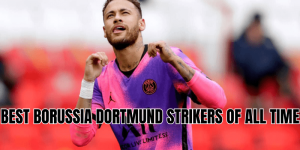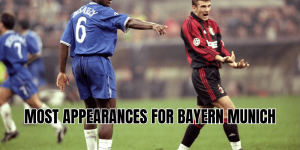From the thunderous chants echoing off the Yellow Wall to the black-and-yellow sea that floods Signal Iduna Park, Borussia Dortmund is a club with identity—and its nickname Die Borussen encapsulates much of that history, identity, and pride. In this article, HollaBall will guide you step by step through the origin, meaning, and legacy behind why Borussia Dortmund is nicknamed Die Borussen.
The meaning of “Borussia” and its historical roots
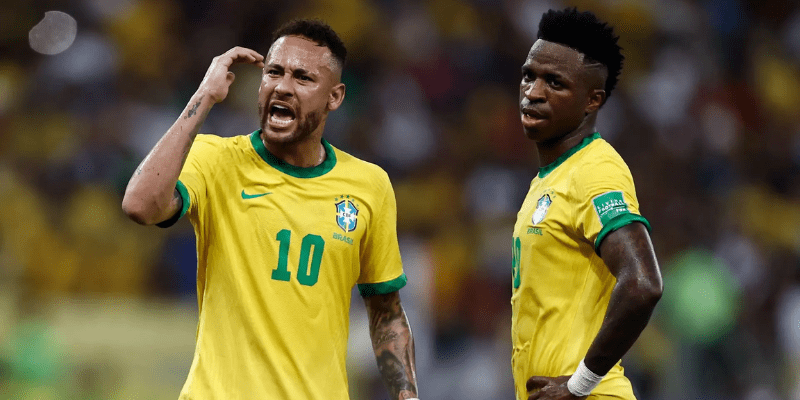
The heart of the nickname lies in the Latin word Borussia, which is the classical name for Prussia, a historical German region and kingdom. Over centuries, Borussia became a symbolic name adopted by organizations that wanted to evoke strength, prestige, or a connection to Germanic heritage. Today, Borussia appears in a few German club names—most notably Borussia Dortmund and Borussia Mönchengladbach.
In the case of Dortmund, the founders chose “Borussia” as part of the club name in 1909. In effect, the club’s full name is Ballspielverein Borussia 09 e. V. Dortmund, often abbreviated BVB. The “Borussia” in that name gives the club its historical flair and helps explain why fans are called “Borussen” (roughly, “the Prussians”).
Interestingly, the name’s adoption may have had a local twist: the founders reportedly borrowed “Borussia”.
How “Borussen” became the nickname for Dortmund
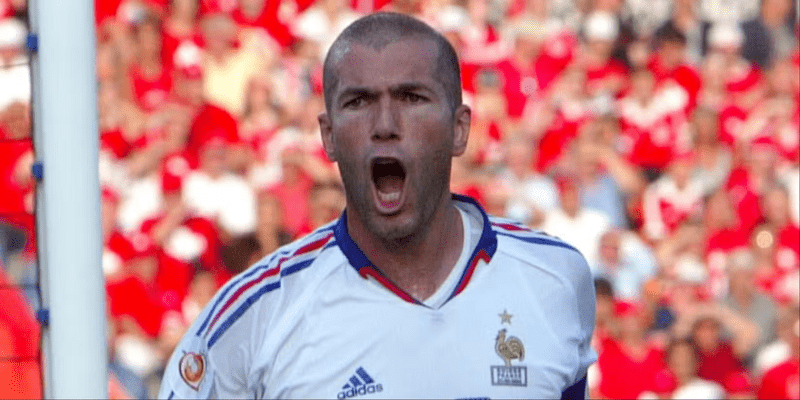
Once you embed Borussia into your club name, the natural demonym or nickname becomes Borussen—those who belong to Borussia. In German, adding “-en” to certain roots forms a plural or collective term for people. Thus, Die Borussen literally means “the Borussia ones” or “the Prussians.”
But that’s not all. The nickname also intersects with identity, fandom, and rivalry:
- Club identity: Fans, players, and the media consistently use Die Borussen to evoke tradition, loyalty, and continuity. It reinforces the sense of belonging among fans.
- Contrast with “Die Schwarzgelben”: Dortmund is also called Die Schwarzgelben (The Black and Yellow), referring to their iconic kit colors. Whereas Schwarzgelben emphasizes visual identity, Borussen emphasizes heritage and belonging.
- Rivalry and uniqueness: In conversations with fans of other clubs—especially Borussia Mönchengladbach—there’s dispute over who has a stronger claim to the “Borussen” name. However, for Dortmund, the nickname has stuck as a modern tradition.
Thus, Die Borussen is more than a label—it’s a banner under which generations of Dortmund supporters unite.
Timeline: from club founding to modern nickname usage
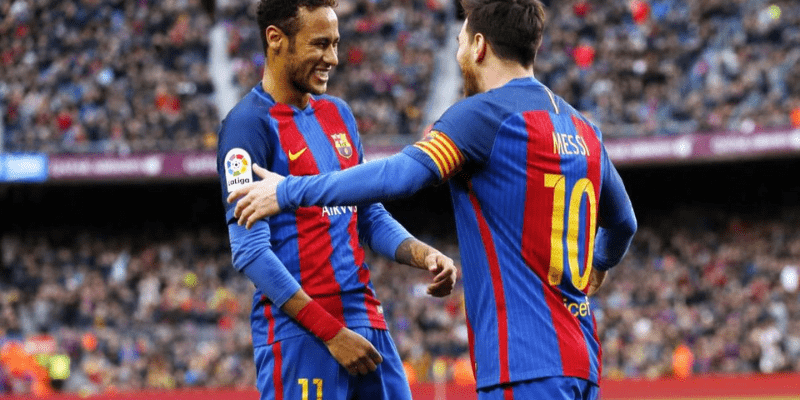
Here’s how the nickname evolved over time:
| Era | Key development | Significance for “Borussen” nickname |
| 1909 (foundation) | Club founded as Ballspielverein Borussia 09 Dortmund | The “Borussia” term is embedded, laying the linguistic foundation |
| Early years | Borussia name takes hold in club branding and local recognition | Locals begin referring to players and supporters as “Borussia men” |
| 20th century | Emergence of fan culture, media coverage, black-yellow identity | The term Borussen gradually appears in reportage, chants, and publications |
| Modern era | Official and popular use of “Die Borussen” alongside “Schwarzgelben” | The nickname becomes integral to brand, media, ultras, and club communications |
Through every era, the nickname has grown in cultural weight—not just as a historical footnote but as a living, breathing piece of the club.
Comparison: Borussia Dortmund vs. Borussia Mönchengladbach claims
Because Borussia appears in both Dortmund and Mönchengladbach’s names, there’s always been friendly (and sometimes heated) debate over which club deserves stronger ownership of Borussen. A few points to keep in mind:
- Founding age: Mönchengladbach was founded in 1900, nine years before Dortmund (1909), which some argue gives Gladbach a “senior” claim to the name.
- Geographic identity: Neither club is located in historical Prussia proper, so “Borussia” is symbolic. Therefore, the name’s power comes.
- Branding and adoption: Dortmund has arguably leaned harder into the nickname in marketing, fan chants, club media, and identity, giving it more salience in modern discourse.
- Fan rivalry: Among fans, claiming “real Borussen” status is part of the narrative rivalry, but in practice both sets of supporters may use similar language—yet context usually signals which club is intended.
In short, while Gladbach might technically predate Dortmund’s use of Borussia, the depth of adoption by Dortmund in culture and branding makes Die Borussen feel inseparable from Dortmund’s identity today.
Why the nickname matters to Dortmund’s identity
A nickname is never just a name: in football, it’s a badge of honor, community, and storytelling. Here’s what Die Borussen offers to Borussia Dortmund:
- Heritage and continuity – It connects generations of supporters to a shared lineage stretching back over a century.
- Emotional resonance – In chants, ultras graphics, songs, and social media, the nickname becomes shorthand for pride, defiance, and belonging.
- Brand power – The club’s marketing, merchandise, and online presence frequently feature Borussen imagery, reinforcing identity.
- Cultural shorthand – To media, fans, and outsiders, “the Borussen” immediately signals Dortmund: their values, style, and fan culture.
- Unifying force – From first-time fans to lifelong members, all who wear black and yellow can call themselves Borussen—creating cohesion.
Because of all this, the nickname is not merely decorative—it is a living, dynamic part of what makes Dortmund Dortmund.
Interesting facts and trivia about “Borussen”
- Alternate nicknames: In addition to Die Borussen, Dortmund fans and media often use Die Schwarzgelben (“The Black and Yellow”) to emphasize the club’s colors and visual brand.
- BVB abbreviation: BVB stands for Ballspielverein Borussia, with the “B” in Ballspiel and the “V” in Verein (meaning “club”)—so Borussia is part of the acronym as well.
- Color change history: Dortmund’s first kits were blue and white with a red diagonal stripe; the black and yellow look first appeared around 1913 and has remained ever since.
- Shared nickname usage: Sometimes “Borussen” is used generally to refer to Borussia clubs or fans of Borussia-named clubs, but in German football culture context usually ties it to Dortmund or Gladbach.
- Cultural references: In songs and chants, fans sometimes use poetic references—“Borussenherz” (Borussia heart), “Borussenblut” (Borussia blood)—to deepen the emotional identity.
Conclusion
Die Borussen is not a random moniker—it’s the result of over a century of linguistic, cultural, and emotional evolution. The name comes from Borussia, the Latin name for Prussia, which the founders of Borussia Dortmund borrowed when naming their club. Over decades, “Borussen” became the natural demonym, then the rallying cry, the identity marker, and eventually the banner under which fans unite.
In this article, HollaBall has guided you through why Borussia Dortmund is nicknamed Die Borussen,. If you’re curious to dive deeper—into how fan chants evolved, how Borussia fits in Germany’s regional histories, or how Borussia Dortmund compares to other clubs’ identities—stay tuned and explore further with us. After all, once you know who the Borussen are, every chant, scarf, and heartbeat in black and yellow carries even more meaning.

